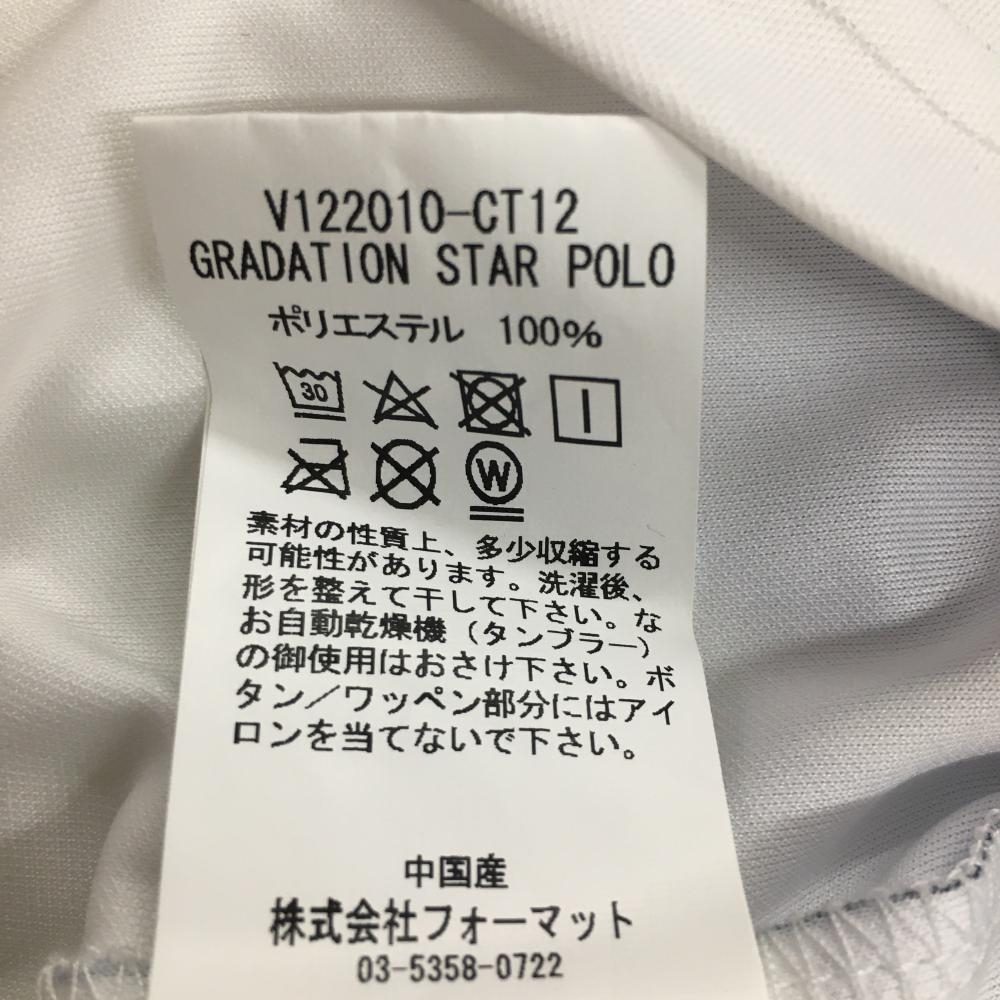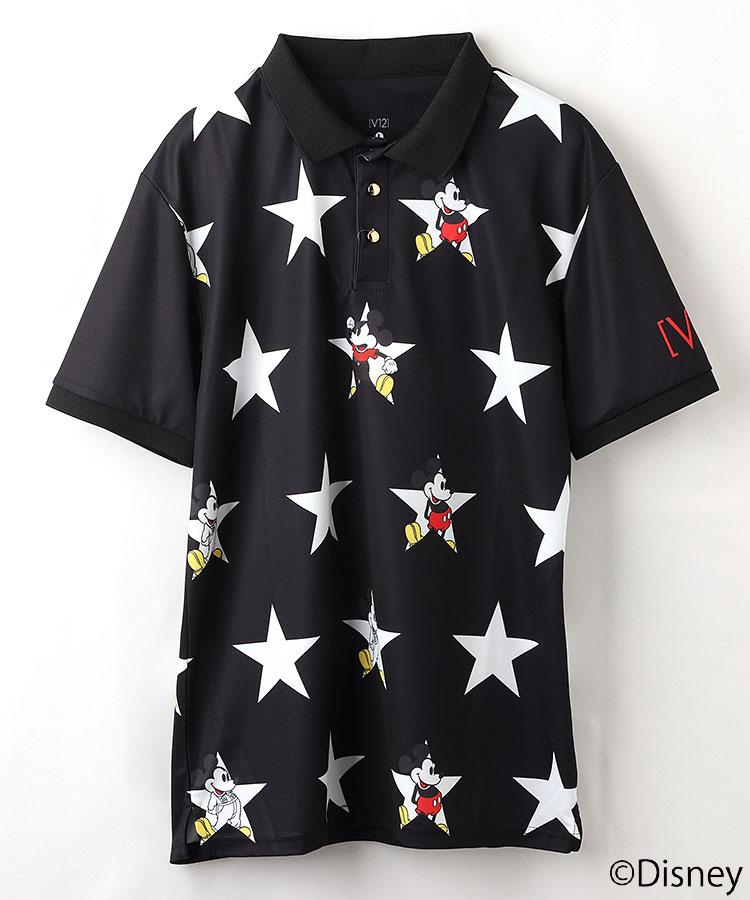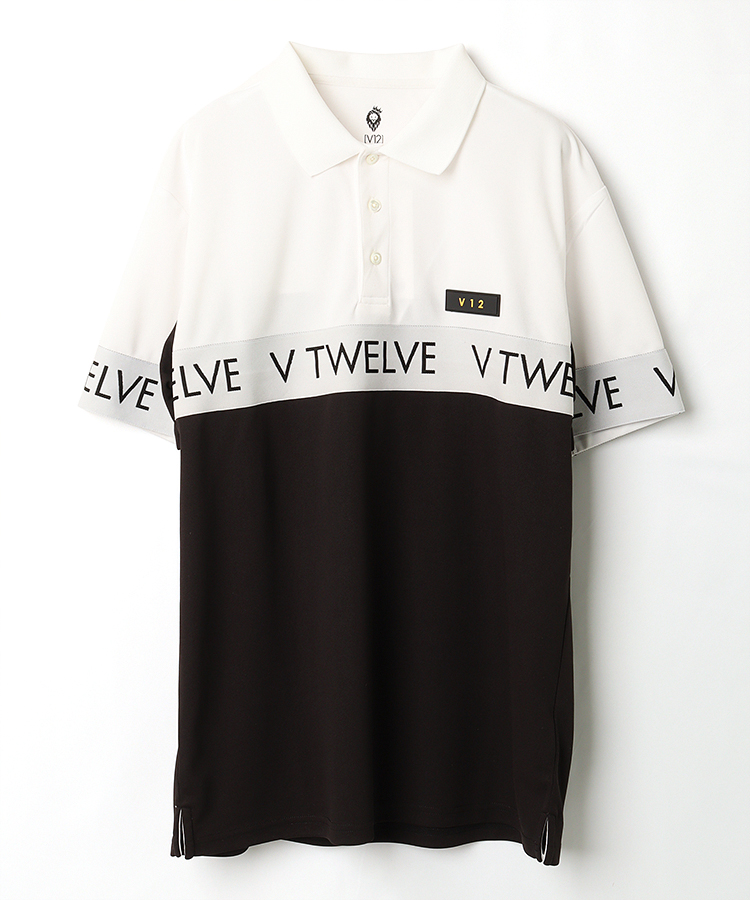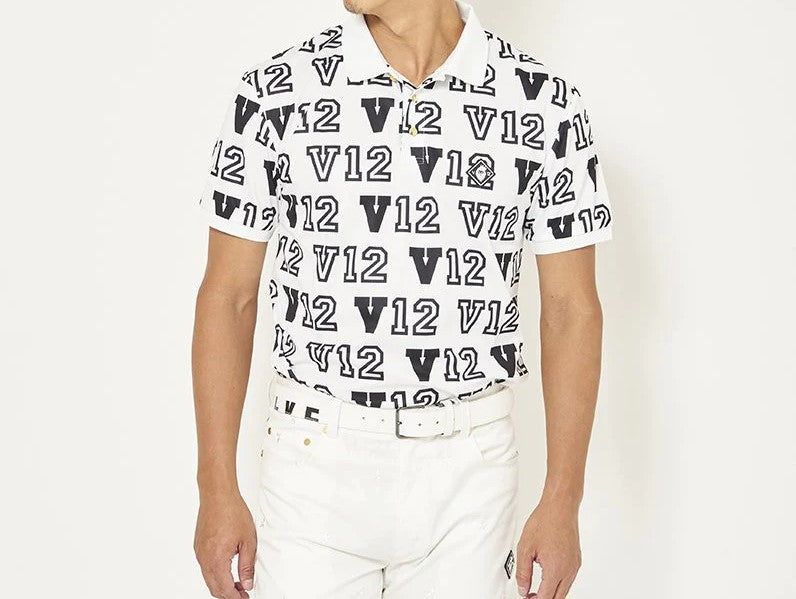ヴィトゥエルヴ ポロシャツ 美品
(税込) 送料込み
商品の説明
V12ゴルフ
迷彩ポロシャツ
0サイズ
しっかりとした生地です。
小さめですが、ストレッチが効いているので、着やすいです。
傷、汚れなく美品です。
カモフラ柄
ヴィトゥエルブ商品の情報
| カテゴリー | スポーツ > ゴルフ > レディースウェア |
|---|---|
| 商品の状態 | 未使用に近い |

楽天市場】☆特価5%OFF☆【超美品】ヴィトゥエルヴ 半袖ポロシャツ
V12 ヴィトゥエルブ ポロシャツ サイズM □858 正規メーカー品 - www

美品 V12 ヴィトゥエルヴ ポロシャツ ゴルフウェア 半袖 総柄 世界地図

超美品】ヴィトゥエルヴ 半袖ポロシャツ ネイビー×白 星柄 スター

美品 ヴィトゥエルヴ カモフラ 半袖 ポロ シャツ ゴルフウェア/4 メンズ | フリマアプリ ラクマ

マーク&ロナ V12 ヴィトゥエルヴ 半袖ポロシャツ ゴルフウェア サイズ

☆V12 ヴィトゥエルヴ ゴルフポロシャツ☆ - ウエア(男性用)

美品 ヴィトゥエルヴ カモフラ 半袖 ポロ シャツ ゴルフウェア/4 メンズ

V12 ヴィトゥエルヴ 半袖ポロシャツ ゴルフウェア サイズM - ウエア

V12 ヴィ トゥエルブ PUZZLE POLOメンズ ポロシャツ Yahoo!フリマ(旧)-

大感謝セール】 ヴィトゥエルヴ ポロシャツ 美品 | ubuge.jp

V12 ヴィトゥエルブ 半袖ポロシャツ L ブラック-
ヴィトゥエルヴ 長袖ポロシャツ グレー×ベージュ 迷彩 カモフラ

美品 ヴィトゥエルヴ カモフラ 半袖 ポロ シャツ ゴルフウェア/4 メンズ

V12 ヴィトゥエルヴメンズ 半袖ポロシャツ - ウエア(男性用)

V12 ヴィトゥエルヴ 半袖ポロシャツ ミッキー グレー 1普通透け感 - ウエア

V12 ヴィトゥエルブ ポロシャツ サイズM □858 正規メーカー品 - www

V12 ヴィトゥエルブ ゴルフウェア 長袖ポロシャツ ロゴ プリント

楽天市場】【美品】ヴィトゥエルヴ 半袖ポロシャツ グレー×ピンク 迷彩

V12 ヴィトゥエルヴ 半袖ポロシャツ ゴルフウェア サイズM - ウエア

激安の V12 ヴィトゥエルブ ポロシャツ サイズM ☆284 | everestfin.com

新品で購入 V12 ヴィトゥエルブ 半袖ポロシャツ レディース - ゴルフ

楽天市場】☆特価5%OFF☆【超美品】ヴィトゥエルヴ 半袖ポロシャツ

other - 美品 ヴィトゥエルヴ カモフラ 半袖 ポロ シャツ ゴルフウェア
V12 ヴィトゥエルブ ポロシャツ サイズM □858 正規メーカー品 - www

選ぶなら V12 ヴィトゥエルブ ポロシャツ M ポロシャツ

素晴らしい価格 【1回着用のみ】V12 ヴィトゥエルヴ ポロシャツ

V12 ヴィトゥエルブ Munsingwear マンシングウェア コラボ 限定品-

V12 ヴィトゥエルヴ 半袖ポロシャツ ゴルフウェア サイズM - ウエア

美品 V12 ヴィトゥエルヴ ポロシャツ ゴルフウェア 半袖 総柄 世界地図

2022福袋】 ヴィ・トゥエルヴ V12 迷彩柄ポロシャツ sizeXL ウエア

2023人気の V12 ヴィトゥエルヴ 高品質正規品 ベースボールポロシャツ

V12 ヴィトゥエルブ 半袖ポロシャツ L ブラック-

驚きの安さ レディース v12ヴィトゥエルブレディースゴルフポロシャツ

other - 美品 ヴィトゥエルヴ カモフラ 半袖 ポロ シャツ ゴルフウェア

格安即決 新品!V12ヴィトゥエルヴ レディースゴルフ半袖ポロシャツ

☆V12 ヴィトゥエルヴ ゴルフポロシャツ☆ - ウエア(男性用)

V12 ヴィトゥエルブ ポロシャツ サイズM □858 正規メーカー品 - www
取次店 V12 ヴィトゥエルブ ポロシャツ XL | yasnabeauty.com

大感謝セール】 ヴィトゥエルヴ ポロシャツ 美品 | ubuge.jp




商品の情報
メルカリ安心への取り組み
お金は事務局に支払われ、評価後に振り込まれます
出品者
スピード発送
この出品者は平均24時間以内に発送しています














